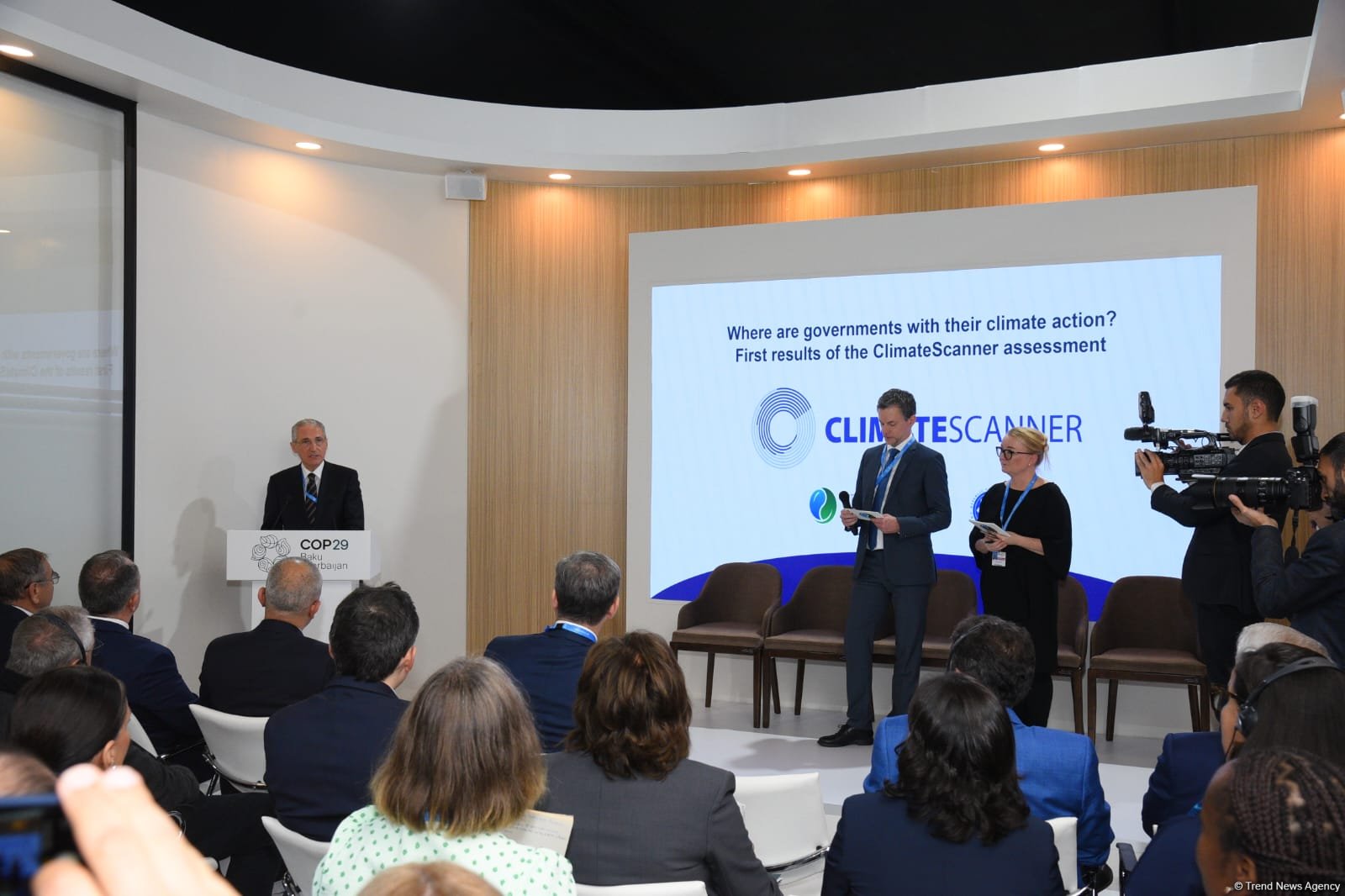MEPs in the budget committee will hold a discussion on the European Parliament’s buildings policy on Wednesday (26 October).
The debate comes after a plenary vote on the EU 2023 budget last week, where EU lawmakers agreed to “explore savings opportunities” and reconsider the renovation project of the Paul-Henri Spaak building in Brussels — by adopting an amendment from the Socialists and Democrats group (S&D).
-
The Paul-Henri Spaak building in Brussels was built in two blocks between 1993 and 1995 (Photo: European Parliament)
The Spaak building, which houses the hemicycle where MEPs sit to debate legislation, was built in two blocks between 1993 and 1995 and is not energy efficient. But renovation costs are estimated to be at least €500m.
While its renovation has been on the agenda for years, some MEPs have argued that such a costly project sends the wrong message to the many citizens who are currently struggling to pay their bills.
According to Latvian socialist MEP Nils Ušakovs, renovation plans could amount to up to €1bn under current prices, and therefore, should be reevaluated.
“What kind of values are we promoting, when we discuss spending €1bn on the new EP house in Brussels during the deepest crisis in recent history?” said Ušakovs last week, during a plenary debate.
“What kind of message are we sending to European citizens during the first wartime winter, when we discuss creating a new hotel for MEPs in Strasbourg and new offices for MEPs and administration?” he added.
Earlier this year, EUobserver revealed that the parliament had paid close to double the market price of the Wiertz building in Brussels.
Strasbourg
Meanwhile, talks are moving ahead to acquire a new building in Strasbourg.
The EU parliament’s bureau, responsible for the budget and administration, recently adopted a strategy to improve the parliament’s building in Strasbourg during and outside of the plenary sessions.
The plan includes ideas to improve access and working conditions during the plenary session, the use of parliament’s room for conferences and high-level events outside of plenary sessions and the organisation of cultural events.
France has been trying to convince the parliament to buy the newly built Osmose building in Strasbourg for years — but a proposal, allegedly cost-neutral, is currently subjected to discussions.
The parliament’s existing Salvador de Madariaga building would be sold to a private contractor to turn it into a hotel for MEPs and, in exchange, the parliament would be able to use the Osmose building to have more offices and meeting rooms.
While some MEPs are open to discuss this possibility, others are reluctant to.
“The European Parliament should aim to improve reception and accommodation capacity, as well as to optimise the use of premises,” a spokesperson from Renew Europe told EUobserver, pointing out that any decision will be based on needs.
The parliament’s bureau has requested the services of the parliament to clarify the number of meeting rooms and office space for members that would be needed to improve the seat in Strasbourg.
Nevertheless, socialist MEPs have voiced concerns over the neutral cost of the exchange.
“The project cannot be budgetary neutral since there will have to be fitting costs for example for security facilities,” Ušakovs told EUobserver. “We have to reconsider our own building policy and set the right priorities.”
If the EP acquires it, costs to adapt the Osmose building could amount to at least €26.5m, according to S&D estimates. “We suspect the bill will go growing as it often does with these wide projects,” an S&D spokesperson told EUobserver.
Recent security access to the parliament in Strasbourg cost an estimated €18m.
MEPs will hold the first round of talks on the Osmose project on Wednesday. Later, they will have to decide whether to formally accept the Osmose project.
“Any decisions concerning the parliament’s building policy are discussed and agreed within the Bureau and the Committee on Budgets of the European Parliament,” a parliament spokesman said.
The committee vote will not go to the plenary.




















Discussion about this post